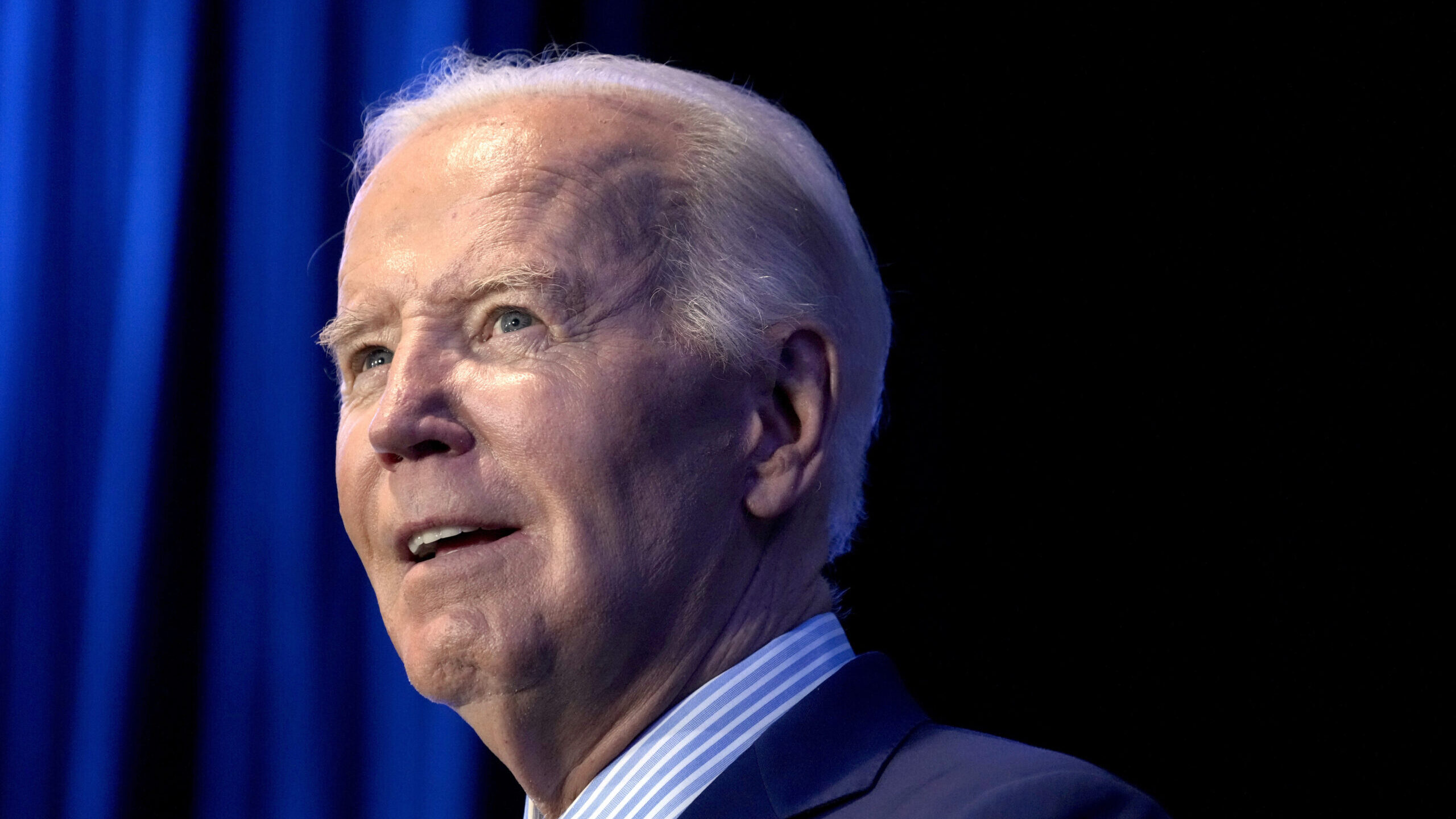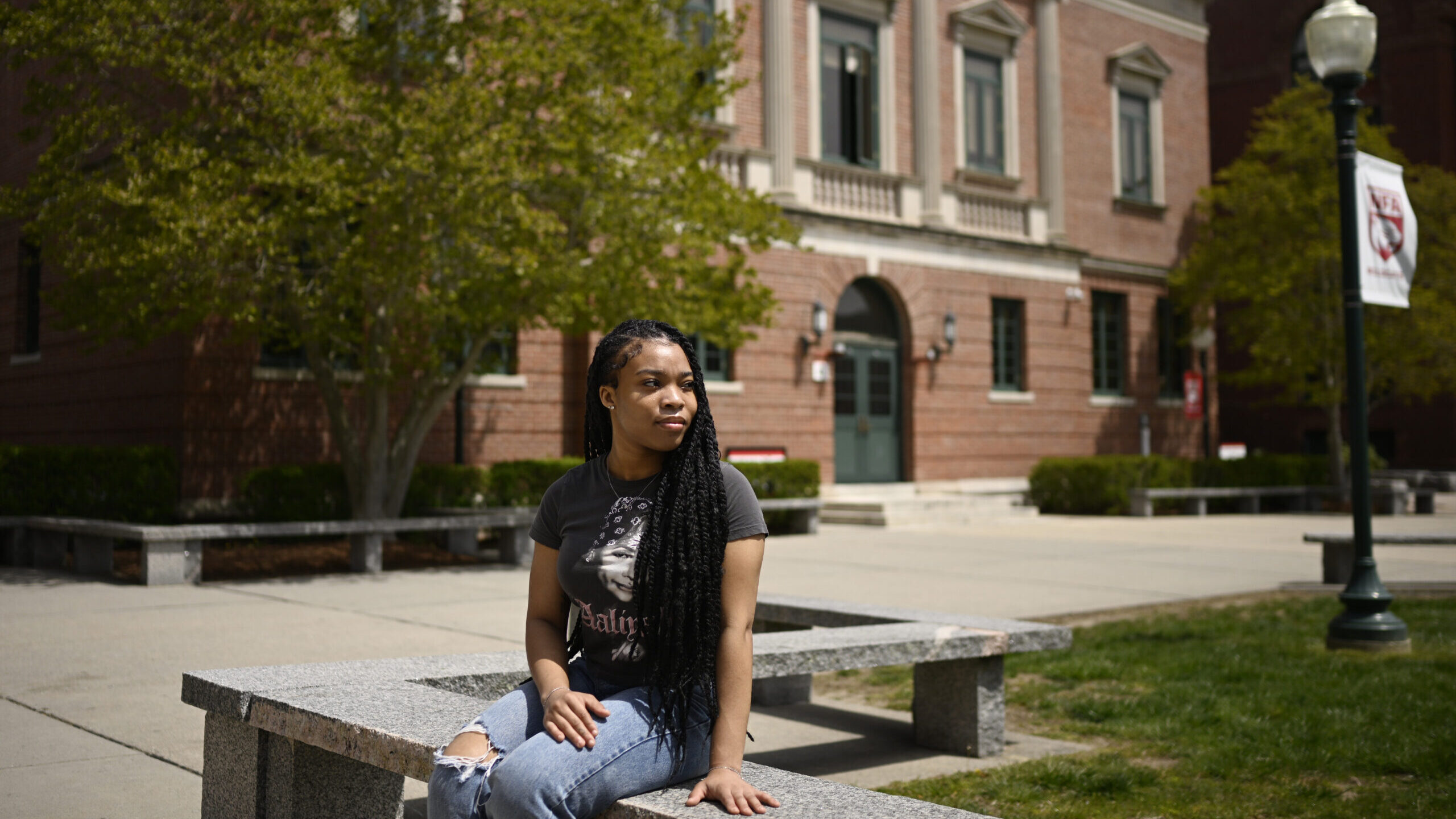Silent suffering: Why kids don’t report bullying to adults
Aug 28, 2023, 5:30 PM

When bullying is going on, many kids suffer in silence, they don't tell an adult. That's the takeaway from a recent survey. (Canva)
(Canva)
SALT LAKE CITY — When bullying is going on at school, many kids suffer in silence — they don’t tell an adult. That’s the takeaway from a recent Boys and Girls Club of America survey.
The survey included more than 100,000 kids ranging from nine to 18 years old. It asked multiple questions, according to the club’s website. These questions concerned things such as how the kids feel about academics, their readiness for life after high school and their emotional well-being.
According to the survey, 40% of kids have been bullied in the past year. Of that 40%, 38% did not report the bullying to an adult. Why?
Tom Golightly, Assistant Director of Athletics, Counseling and Psychological Services at BYU, told KSL NewsRadio’s Dave and Dujanovic that often kids feel helpless.
“A lot of people are bullied for things that they don’t control. Whether that’s … age and size, how you look (or) socioeconomic status,” Golightly said. “So if you … are trying to logic through this and you’re saying, ‘well, maybe I should tell someone.’ What are you gonna do about the root problem?”
Golightly went on to say that kids often don’t feel that they can change these things.
“You question whether you’re even worth it,” he said. “Or worrying about that retaliation or being believed.”
According to Golightly, it’s important for parents to create a culture where kids know they will listen to and believe them.
Along with this, he said it’s important to bring the issue to other adults.
“Adults are much more effective at stopping bullying behavior than kids are,” he said. “And I know that’s kind of that old saying … ‘just punch your bull in the face and then it’ll go away.’ That’s not always true. It can escalate.”
What exactly is bullying?
It’s important to distinguish the difference between disagreements and actual bullying.
“If you’re not feeling safe somewhere, that’s a totally different thing,” Golightly said. “So, I think that’s a good delineation … ‘I don’t feel safe’ and that’s maybe something that adults can be aware of.”
Golightly said adults need to be aware of the signs and symptoms of a kid being bullied and a kid who is bullying.
“Your kid is really not wanting to go to school every day, not like the normal, like, I don’t want to go to school,” he said. “But it’s ‘I’m scared to go to school … I am very anxious to go to school.’ That’s where we probably start to see, ‘Hey, something’s going on here and I need to know more about it,’.”
Dave & Dujanovic can be heard on weekdays from 9 a.m. to noon.













